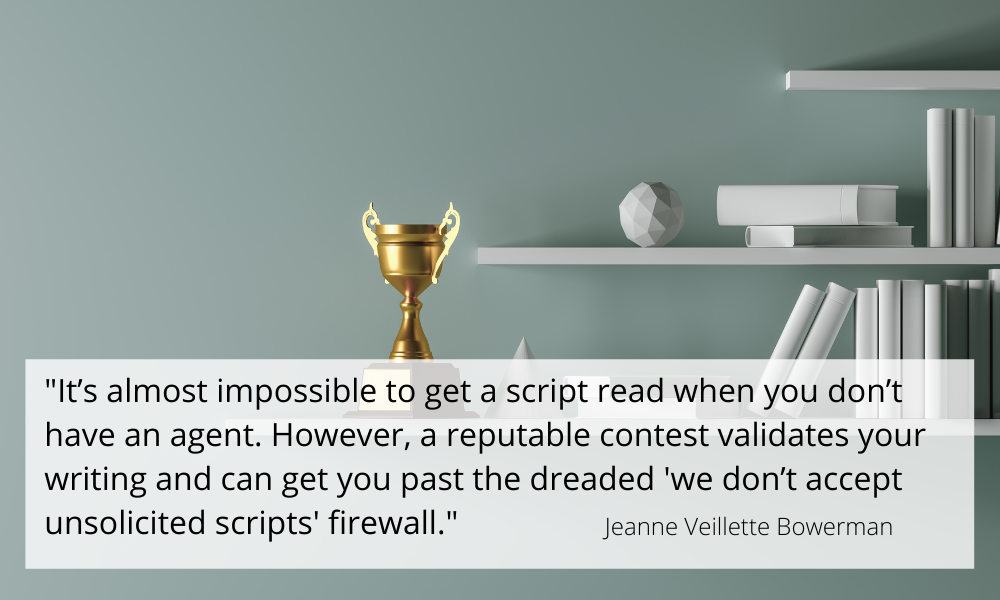And the Winner Is …
The grand-prize winner of the 2003 American Screenwriters Association/ Writer”s Digest International Screenplay Competition talks about teaching herself how to write a winning script.
When Inis Clubs, 40, submitted Curtain of Iron to the ASA/WD screenplay competition, she never expected her debut script to take the grand prize.
Clubs says she spent three years trying to get her winning script down on paper. She wrote the bulk of her screenplay during the early morning hours on weekends. During the week, she kept a notepad around to jot down thoughts and ideas.
"The very kernel of Curtain—my half-sister getting trapped in East Germany—is a true story. I used some stories I heard growing up, such as stealing food after the war to survive. But 99.9 percent of the script is pure fiction."
Although Clubs has dabbled in writing novels and short fiction, she has always been drawn to stories that are produced visually. That''s why she first started writing a screenplay—even though she didn''t know how to format one. So, she studied books such as Lew Hunter''s Screenplay 434 and online guides like Wordplay (www.wordplayer.com).
"Though there were many, many rewrites, I saw the first scene in my mind early on. The ending, too, played in my head before I [had] even started writing."
Clubs, who lives in Colorado Springs, Colo., started her writing career in TV promotions. There she wrote tight promotional spots packed with high-density visuals. These spots encouraged viewers to watch the station''s newscast.
"It''s pretty good training for screenplays. The conundrum was that I loved the creativity of the job but was too tired at the end of the day to work on my script."
The breaking point came with the 1999 shooting at Columbine high school. After the incident, Clubs had to take "good video" from this tragedy and promote the news. She started writing Curtain during her free time as therapy. Finally, after working in the TV business for seven years, she switched careers and took a government job in public relations. But she continued to work on her original screenplay.
"Most of Curtain was written before I learned about proper formatting, so I rewrote. Then I learned the importance of structure and rewrote again. Next came a lesson on perspective and yes, rewrote again. Though doing it this way the first time drilled the basics into my head, I wouldn''t recommend it to others."
After a three-year career in public relations, Clubs quit her job to write full time and market Curtain. She is also beginning to learn more about the screenwriting business. She has found that period drama pieces, like Curtain, are hard to market. Therefore, her next script about teenage rebellion, which she is writing now, is targeted toward a more commercial audience.
Scriptwriting software and screenwriters conferences are excellent tools to help a writer, Clubs says. She also offers this final advice for beginning screenwriters: "Keep at it. There [are] a lot of stories to tell and I for one would like to see them."
This article appeared in the September 2003 issue of Writer''s Digest.








